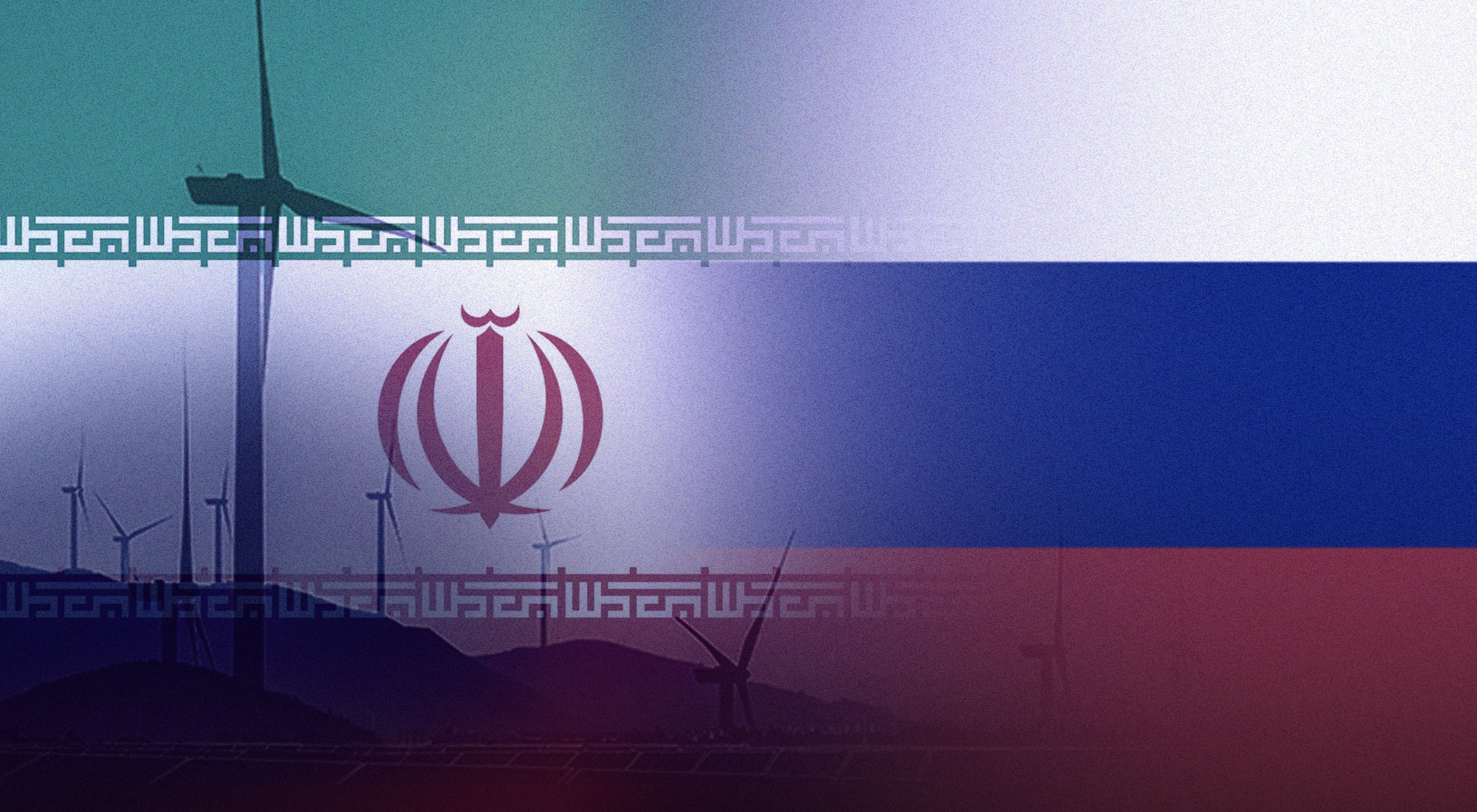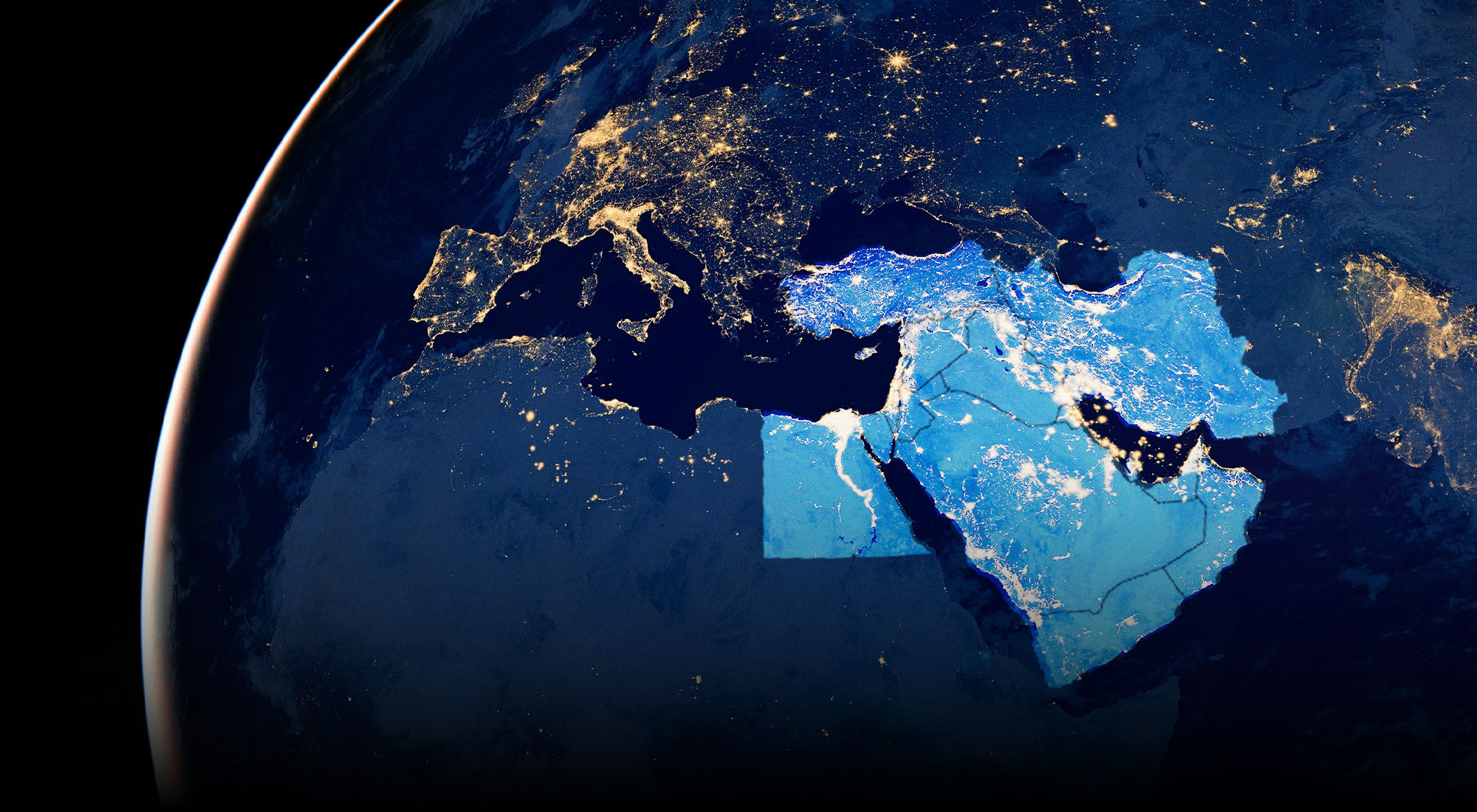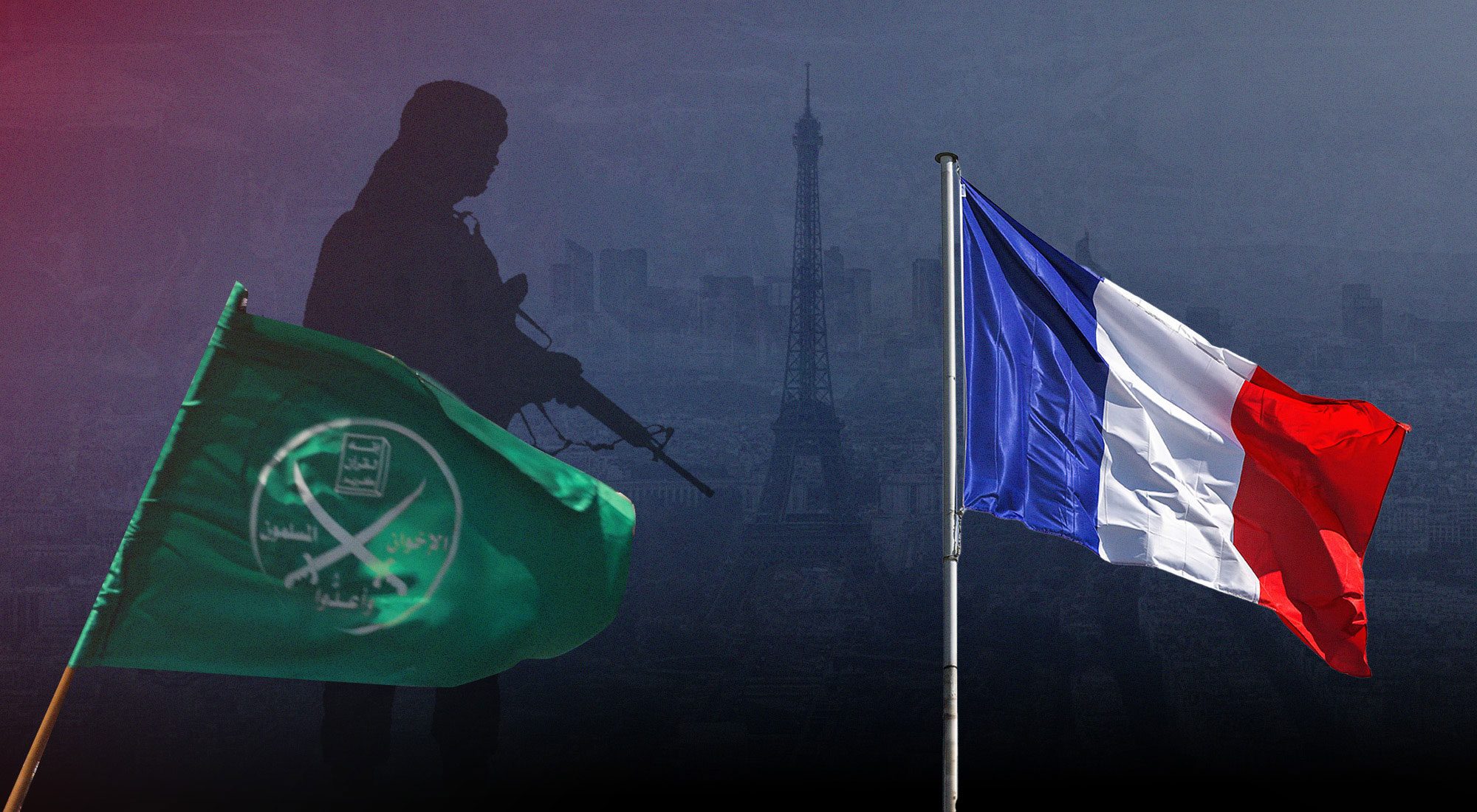The recently feared financial shortfalls of UNRWA in the Middle Eastern region, which could have caused a delay in the start of the academic year, showed once again how some commentators, the general public, and especially UNRWA mechanically draw on the language of human rights as well as the rhetoric of dignity and Palestinian identity to explain political failures and financial risks, and tackle the followed public turmoil. In this study, while summarising what historically UNRWA came to be for the Palestinians, we will seek to investigate how nude morality, and therefore the language of dignity, make a difference in the human rights’ discourse, and, specifically, weaken the enforceability of the latter when these are deprived of their political and legal foundations.
For several months the present UNRWA General Commissioner Pierre Krähenbühl had expressed his concerns, by writing to Ban Ki Moon heartfelt words on the Palestinians’ isolation, exclusion, and dispossession, which keep representing a “time bomb for the region”, and “a denial of dignity and rights”. He was therefore encouraging the payment of the debt of 101 million US dollars that would have helped the Palestinian children start their school year regularly. This would allow 500,000 children aged 5 to 14 years old to enjoy the right to education. Krähenbühl had consequently noted that “education is recognised at a universal level as a primary factor of human development and progress, and, furthermore, education for Palestinians is inevitably synonym with dignity and identity preservation”.
Krähenbühl, conveying UNRWA’s position about this issue, added that in a Middle East where instability and disorder are presently increasing, the role of UNRWA becomes even more crucial in the region. In his report to the Secretary-General of the UN he refers to what is widely perceived as the original sin of UNRWA, namely the reliance on the acknowledgement and support of the “international community” for the Palestinian predicament, while “waiting for a just solution to their cause”.
The payment of the international debt has been seen by the school leaders of the 58 refugee camps in Palestine (West Bank and the Gaza Strip) – as well as those in Lebanon, Syria, and Jordan – more in terms of national and individual dignity and identity, and less as deprivation of the universal right to education.
“It is another right that the international community, in compliance with the Israeli desires, wants to delete”, commented a Palestinian young boy in Lebanon, before the closure of 700 schools and 8 training centers, which could have deprived 500,000 students and 22,000 UNRWA teachers and auxiliaries of their right to study and work. This way, a sizeable segment of Palestinians throughout the region perceived budget shortfalls as a “hidden agenda” aimed at ending the UNRWA mandate on Israeli reiterated requests.
Aside from the fact that, eventually, schooling staff did manage to start the academic year on time due to incoming financial sources, conspiracy is used as a way to give significance to the alleged “indifference of the international community”, and the unwillingness of politicians to support the Palestinian cause worldwide.
In the same way as anthropologist Feldman[1] discussed the UNEF (UN Emergency Force) peacekeeping mission, UNRWA has limited aims and is not designed to solve the Arab–Israeli conflict. On the ground, however, UNRWA brought the international community close to people, as the UN agencies did start relationships with the local populations, although the United Nations avoid, on principle, exercising pressure for Palestinian political claims. Just as it happened with Gazans being disappointed in the UNEF treatment, people often used the language of “humanity” to express frustration and demands for better treatment. Indeed, one of the key practical limits of all international organisations is the inescapable failure of the international community to be “ideal”, both in the relationships with the populations they target, and in their non-governmental governance[2].
UNRWA, from 1948 onwards, gradually came to epitomise statehood for the Palestinian displaced, and this process was facilitated by the fact that its staff is mostly local rather than international. Indeed, more than 99 per cent of the personnel have historically been recruited among Palestinian refugees and host country nationals. The acts of protest and anger generated by the financial shortfalls are however directed against an institution which was created not to end the conflict but rather to alleviate the suffering of its multiple victims and guarantee protection. The financial shortfall of UNRWA that was feared to prevent the latter from being able to provide school services, and the Palestinian protests which followed, paradoxically pointed to the State expectations that the Palestinians historically developed towards this international institution.
Humanitarianism-Sealed Education and the Politics Behind it
Quality services are inseparable from the protection of refugees’ rights, as international conventions and other global agreements enshrine the right to health, education, and shelter; all incorporated in UNRWA’s mandate, which has the commitment to providing quality services, and tackling poor quality where it exists. However, in the face of a growing refugee population and static resources, the quality of UNRWA’s services has gradually declined. The school system in the Palestinian refugees’ camps is overwhelmed, and the material conditions of the schools as well as teaching quality are increasingly dire: overburdened teachers who have to deal with two school shifts per day. Already in 1996, erstwhile UNRWA Commissioner- General Peter Hansen had appealed to the international community to increase financial engagement.
Education, including specialised training, also represents to many refugees a secure job in the Arab “host” countries and elsewhere. Education would also help to re-affirm the refugees’ sense of community in individuals and families[3]. For Palestinian camp dwellers, a sound education can be a beacon signaling a hopeful future: hopefulness has therefore been discussed in the media as the very goal to preserve the dignity of the Palestinian registered refugees. In this sense, dignity appears much more than a human value, in that it reflects a development discourse, whose eternal un-accomplishment actually stands against the resilient forms of self-reliance and efficacious everyday tactics of survival.
Awaiting international justice and restoration of normal life back “home” – as homogenously and abstractly the international rhetoric of human rights depicts it – is something the international community failed to accomplish so far. Aside from sorting out the recent financial shortfalls, what new aims does the UN General Assembly mean to achieve by recently renewing UNRWA’s mandate until June 30 2017? Of course the position is not to end the humane acts of giving, which undoubtedly have the potential of increasing inter-community solidarity and cohesion, in addition to enhancing human capital when also beneficiaries provide active responses. Rather it is necessary to identify a paradox whereby the UNRWA and the so-called international community reflect an existing contradiction, in their regularly resorting to and feeding the language of moral and national dignity’s restoration, while delaying human development in practice. UNRWA, created after the Palestinian exodus due to the 1948 foundation of the State of Israel, has therefore come to represent the condemnation of Palestinians people to an eternal wait, and to a set of unachieved promises. In this way, expectations and hopefulness, from a material and an emotional perspective, have historically become a sort of national stigma for Palestinians. A stigma which further risks fossilising people in predicament and deprivation.
Supporters of Israel and the declarations of UN’s Israel Deputy Representative David Roet referred to UNRWA’s existence as simply perpetuating the “problem” of Palestinian refugees, claiming that the agency only serves to boost the Palestinian political agenda by indoctrinating children about the need for returning, and therefore distancing them from achieving peace. Conversely, abolishing UNRWA would mean to the Palestinians and to international supporters and empathisers a way to remove political pressure on Israel to respect the rights of the people whom it exiles and dispossesses on a regular basis. In a framework of stateless everydayness, UNRWA unavoidably signifies to Palestinian refugees their own rights to the land, and dissolving UNRWA would consequently mean the loss of historical recognition of the Israeli reiterated oppression acts. Although UNRWA officially offers apolitical humanitarian relief, Palestinian refugees re-affirm their view of aid as the symbol of a renewed international responsibility for finding a satisfactory political solution to their predicament.[4]
Meanwhile, the deteriorating quality of education remains one of the biggest ongoing problems in the Middle East. Jordanians could have not accommodated over 100,000 Palestinian students at such short notice, if financial aid had not eventually come. In fact, many schools in Jordan are already running two shifts to accommodate some of the Syrian refugee students, and the situation is not any better in Lebanon.
The Rhetoric of Dignity and Humanity
It has widely been campaigned that education for Palestinian refugees is their passport to “dignity” (karama). Indeed, since the adoption of the Universal Declaration of Human Rights in 1948, the concept of dignity had already assumed an important place in human rights jurisprudence. What we could call the “dignity rhetoric” has in fact developed over the last decades in particular in relation to the Israeli-Palestinian conflict, in total absence of effective international laws able to discipline State behaviour. In the lack of law enforcement, the language of dignity stands for a grassroots attempt to formalise human rights and expect (non)governmental entities to abide by them.
As a result, on the one hand, the term “dignity” is frequently used as a rhetorical flourish whereby it is simply employed as a “term of art”;[5] this often creates abstraction and vagueness of how and what sort of social justice should be achieved. On the other, the term “dignity” can still be employed to reinforce the status of individuals, and as a defining component of human rights protection. However, rendering “dignity” and “human rights” synonyms with each other leads to misconceptions and imprecision, in that, while the former is supposed to carry a moral implication, the latter more firmly reasserts the illegality of the Palestinian condition in the Middle East and elsewhere. An effective human rights culture should certainly include the principles of moral agency – such as equality and freedom – but it should primarily commit to a wide institutionalisation of such principles.
In other words, sensitivity towards the “suffering stranger”[6] should not be taken for granted but be rather cultivated with sympathetic identification with the Other. This can be done through what Richard Rorty used to call “sentimental education”.[7] However, mere sympathy as a cause of action does not provide us with rational justifications able to guarantee the institutional arrangements within which we can secure human rights. Moreover, the absence of such a rational input behind the sentimentalism of the dignity language makes the possibility of a supportive normative community as ephemeral as people’s ability to empathise with the Other’s suffering. When sympathy is lacking – and now that the media draw public attention on issues other than UNRWA’s financial cuts – the contingent dignity language alone will neither contribute to any effective change in Palestinian lives, nor it will establish a public understanding of the reasons why it is a moral duty to institutionalise human rights and get back to their very legal nature. In a nutshell, we are very likely to read about new financial shortfalls next year.
So how does prioritising moral connotations affect the human rights discourse? If meant as the most spoken political emotion of the Palestinian people, human dignity can be interpreted as foundational, as the essence and heart of the human rights’ enterprise. With regards to this, as became evident in the international media, the claim to human dignity turned out to be a sterilely descriptive argument which has been reduced to a term of art in the international defence of Palestinian rights to land and a decent life. By doing so, the language of human rights – as well as international humanitarianism by definition – have gradually overshadowed the normative and legal connotation underlying “dignity” with a two-fold controversial practice: “nationalising” rights, that is attributing them to a specific people, and, at the same time, universalising the grammar of human rights, that is advocating for its implementation independently from cultural specificities. Similar is the way the media and the humanitarian enterprise depict the Syrian refugees nowadays. A sort of seamless “Syrian dignity” respondent to international humanitarianism has also been born in the wake of the conflict and the displacement that followed.
Dignity comes to signify what we, as human beings, deserve, and we deserve it equally. The problematic logic of thinking that people “deserve” things due to their innate – or provided with mercy – dignity, and that we, in the capacity of rights’ bearers and rescuers, have the duty to respond to dignity with humanity, undercuts the importance of using the dignity rhetoric as an efficacious articulator of human vulnerability. In other words, the problem that may rise here is human dignity merely used as a term of art, which maintains a purely descriptive element, pointing to “its inherent nature as a hallmark of humanity that cannot be lost or taken away”[8]. This way, dignity is portrayed as a token that can be granted or denied, clearly at the mercy of international politics. In this specific case, the humanity we are supposed to grant to the Palestinians by virtue of their dignity remains a way of deciding whom to legitimise and delegitimise on a moral level, and who are the historical victims in specific scenarios, if there ever are any. The Israeli formal and informal responses, in turn, heavily rely on the subjectivity and relativity of this moral legitimisation. Public deception of righting wrongs, very frequent among human rights’ campaigners, can therefore be explained through the belief that human rights should be complied with and recognised by the Israeli State in that naturally “deriving” from the social fact that Palestinians own human dignity. In this regard, we would embrace Arendt’s theorised separation[9] of political rights (exemplified by the Ancient Greek zoe, that is human life in its political dimension) from human rights per se (bios, the nude and merely biological existence of a being).[10] Thereby, the concept of dignity in international human rights and domestic constitutional law results in being inconsistent and even harmful to the material accomplishment of social justice in the longstanding Israeli-Palestinian conflict.
In order to overcome the political impasse to which the Israeli-Palestinian issue has arrived, the dispute should be tackled as a legal and tangibly political case. Getting back to the materiality of what the law sanctions in terms of territorial boundaries and social policy would strengthen the revolutionary potential of the abovementioned dignity’s term-of-art. This would not rule out the emotional recognition of the “humanity” and “dignity” of the Palestinians, and, at the same time, it would not imply the homogenous denial of those of the Israelis, which is an abused rhetoric tool in Israeli hasbara.[11] Legality and the moral attributes of dignity and humanity would not, therefore, exclude each other. The merging of the two explanatory and political expression instruments, moreover, would remind us that no subject has the intrinsic monopole of being only persecuted or persecuting.[12]
Many people are denied their rights because of disability, sexual orientation, religion, ethnicity or other features; but the reason why this is considered to be a denial of rights, as often recalled by international activists, is that those rights are already owned by individuals by virtue of their innate human dignity, and are not to be given by external merciful givers. This constitutes a crucial point to understand the Israeli-Palestinian conflicting logic and the different interpretation of historical events which stems from that, which is connected to how the theoretical debate has been developing: law scholars have long discussed if the notion of innate human dignity is the source itself of human rights, and therefore self-standing, or, conversely, if human dignity should be recognised as existent only as long as the right to dignity and a dignified life are recognised in the first instance.
UNRWA as a Source of Affects and Political Claims
In this framework, it is paramount to highlight how humanitarian relief and long-term development have shaped the relationships between Palestinian refugees and UNRWA. While short-term emergency humanitarianism generally speaks to the victimhood of refugees, long-term development has been said to prompt Palestinians to identify as political subjects to greater extent, and as capable to overcome their material suffering.[13] Indeed, suffering has long since become an important realm for advancing political claims.
As Ilana Feldman pointed out in her studies of Palestinian refugees in the Gaza Strip,[14] aid is not only material support for survival, but also the moral recognition that the refugees have lost their homes and are claiming their existence in terms of “refugee-hood”, to remind the international community to uphold their responsibility of sorting out their predicament and making up for their own political future. In this sense, UNRWA’s aid is not depicted as unilateral charity and alleviation of suffering, but rather as a right conveying the expectations of the refugees towards international accountability. In order for their voice to reach the international community, refugees resort to ways of making their bodily and moral distress visible.[15]
As argued by Gabiam,[16] while short-term emergency humanitarianism seems to become a substitute for political resolutions and action, long-term development is internally described as a material progress that strengthens the right to return rather than inducing the refugees to forget about it. This way, people’s projection towards their past of loss innovatively becomes effective in building what is next.
If Palestinians do not necessarily expect UNRWA to resolve the Palestinian-Israeli conflict, the agency’s continuation means to them international recognition and pro-active support from outside. Surely several Palestinian refugees say to have developed over the years mistrust, disaffection, and disappointment towards UNRWA, especially in relation to the agency’s self-representation as an apolitical organisation. Nonetheless, UNRWA still remains their primary anchor for supporting their local efforts of tackling social vulnerability in the refugee camps as well as elsewhere.
In light of these considerations, dignity as a mere “term of art” jeopardises the political nature of the ageing deprivation of the Palestinians. Although dignity is clearly used as a way of furthering human rights, thinking of achieving this by resorting to the language of humanity and morality rather than to the analysis and denounce of the political system – involving governmental authorities but also humanitarian actors, as shown – is a harmful negligence. What rights are we speaking of if not those inherently related to the political and legal framework they should be enforced and defended in?
Whilst the UNWRA Commissioner, Krähenbühl, stated that there would be no rest until the day when they could announce the opening of UNRWA schools for the 2015/16 academic year on time, there will be no rest until the day UNRWA has no reason to exist. With no constant reminder about the primary role of legality and politics, morality alone empties that framework of enforceability and overshadows the effective hows and the original whys necessary to break the Palestinian deadlock.
[1] Feldman, I. (September 2010) “Ad Hoc Humanity. UN Peacekeeping and the Limits of the International Community in Gaza”, in American Anthropologist, Vol. 112, Issue 3: 416-429.
[2] Fassin, D. (2007) “Humanitarianism, a Non-governmental Government”, in Non-governmental Politics, Feher, M. (ed), New York City, NY: Zone Books, 149-159.
[3] Education for the Palestine Refugees: The UNRWA/UNESCO Programme .George Dickerson. Journal of Palestine Studies Vol. 3, No. 3 (spring, 1974), pp. 122-130 Published by: University of California Press on behalf of the Institute for Palestine Studies :URL: http://www.jstor.org/stable/2535897 .
[4] Feldman, I. (2007) “Difficult Distinctions: Refugee Law, Humanitarian Practice, and Political Identification in Gaza, in Cultural Anthropology, 22 (1): 129-169.
[5] O’Mahony, C. (2012), “There is no Such Thing as a Right to Dignity”, in International Journal of Constitutional Law, 10(2): 551-574.
[6] Butt, L. (2002) “The Suffering Stranger: Medical Anthropology and International Morality”, in Medical Anthropology, No. 21, pp. 1-24.
[7] Hayden, P. (1999), “Sentimentality and Human Rights: Critical Remarks on Rorty”, in Philosophy in the Contemporary World, Vol. 6, No. 3-4, p. 60.
[8] O’Mahony, C. (2012), “There is no Such Thing as a Right to Dignity”, in International Journal of Constitutional Law, 10(2): 551-574.
[9] Arendt, H. (1958) The Human Condition. Chicago, IL: Chicago University Press.
[10] Agamben, G. (1998) Homo Sacer: Sovereign Power and Bare Life, trans. Daniel Heller-Roazen, Stanford, CA: Stanford University Press.
[11] “Hasbara”, which means “explaining” in Hebrew, stands for the official Israeli public diplomacy’s discourse.
[12] Butler, J. (2009) Frames of War. When is Life Grievable? London, UK: Verso Publishers, p. 182.
[13] Gabiam, N. (2012) “When ‘Humanitarianism’ becomes ‘Development’: the Politics of International Aid in Syria’s Palestinian Refugee Camps”, in American Anthropologist, Vol. 114, No. 1, pp. 95-107.
[14] Feldman, I. (2007) “Difficult Distinctions: Refugee Law, Humanitarian Practice, and Political Identification in Gaza, in Cultural Anthropology, 22 (1): 129-169.
[15] Allen, L. (2009) “Martyr Bodies in the Media: Human Rights, Aesthetics, and the Politics of Immediation in the Palestinian Intifada”, in American Ethnologist, 36 (1): 161-180.
[16] Gabiam, N. (2012) “When ‘Humanitarianism’ becomes ‘Development’: the Politics of International Aid in Syria’s Palestinian Refugee Camps”, in American Anthropologist, Vol. 114, No. 1, pp. 95-107.









